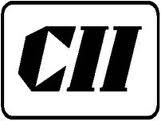
The Global Innovation & Technology Alliance (GITA) which the Technology Development Board (TDB) runs in partnership with the Confederation of Indian Industry (CII) is an innovative funding mechanism for cross-border technology development through partnerships between industry and academia between India and other countries. This was stated here by Minister of State for Science and Technology, Mr Y S Chowdary on the occasion of 21st Technology Summit, which is a joint initiative of the Department of Science and Technology (DST) and CII.
This year the country partner for the summit is Republic of Korea with its Ministry of Science, ICT and Future Planning and the National Research Foundation of Korea being the partner organisations for the Technology Summit. The minister also announced that as a follow-up to the announcement made by Prime Minister Narendra Modi during his visit to Korea in May 2015, a joint request for proposals had been launched by GITA for seeking applied research proposals from industry and academia in the areas of cleantech, renewable energy, robotics & automation and electronics system, design & manufacturing.
At the time of Union Minister for Science and Technology Dr Harsh Vardhan’s visit to Republic of Korea the two sides had agreed to support three joint business-led industrial R&D projects aimed to develop new technology prototypes which will have potential for commercialization. This will contribute to the national initiative on Make in India, said Mr Chowdary. Lauding CII’s efforts in creating and sustaining the platform of technology promotion and investment for 20 long years, he said, “Platforms like these not only facilitate exchange of views but also lead to creation of new knowledge through cross-pollination of ideas.” He promised all possible support to industry in promoting R&D investment to create smart technologies for sustainable growth.
Dr Arbindra Mitra, Advisor and Head, International Affairs, Department of Science and Technology, who was present on this occasion, said the platform of Technology Summit had enabled India to develop a variety of programmes with different countries with the involvement of industry. It was important to focus on solution science than discovery science, he said and added that academia needed to be part of this matrix too. He also announced that a new policy for promoting start-ups was under works.
Dr Gopichand Katragadda, Chairman of CII’s National Committee on Technology; & Group Chief Technology Officer, Tata Sons Limited said, “Cultural aspects of partnerships with different countries are interesting to study. Korea has the phase of palli palli, which means “quickly quickly”. They have done all things quickly. That is the cultural aspect. They were quick to achieve 100 per cent literacy, they have put up a 100 billion dollar research fund Speaking on this occasion.”
Dr Ra Sang Won, Director of Center for International Affairs, National Research Foundation of Korea, said, “This year’s technology summit is important since the two countries are going to discuss creating smart technologies for sustainable growth. Korea spends 2.5 per cent of GDP on R&D and offers significant opportunities to Indian scientists and researchers to collaborate. NRFK has a budget of USD 3.5 billion for 2015.
Mr BVR Mohan Reddy, Executive Chairman, Cyient and Chairman, Board of Governors, IIT Hyderabad said, “Global economies have been on a high growth trajectory because of new waves of technology at every stage. The present phase is of internet and it has the power to disrupt old technologies in a drastic manner.”
Minister of the embassy of Republic of Korea, Mr Minsik Ahn, who was present at the inaugural session said Korea was proud to be the partner country of this year’s Technology Summit. He shared that Korea became a technology advanced country in a matter of six decades. The country focused on building indigenous technologies from the very beginning. Today it owns cutting-edge technology in a number of areas such as ICT, electronics, energy and internet of things.



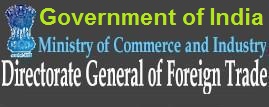
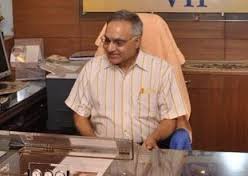
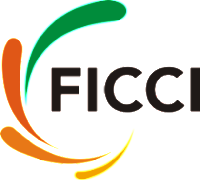
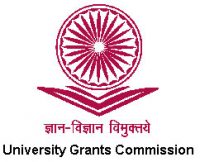
Leave a Reply
You must be logged in to post a comment.